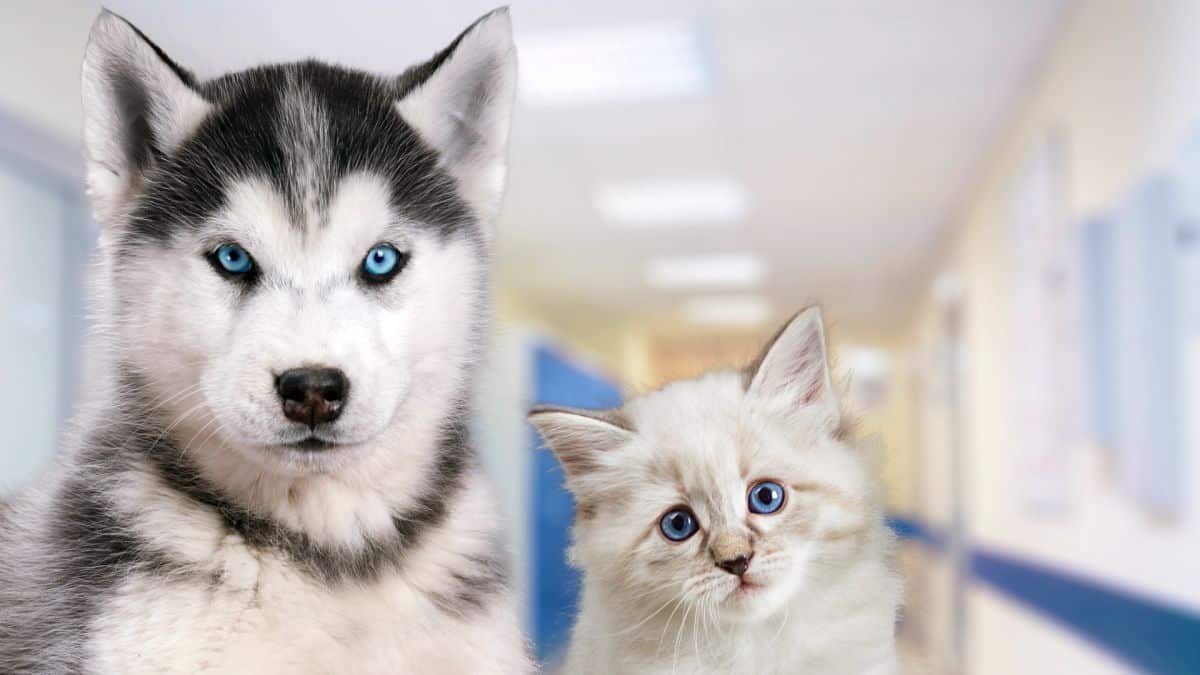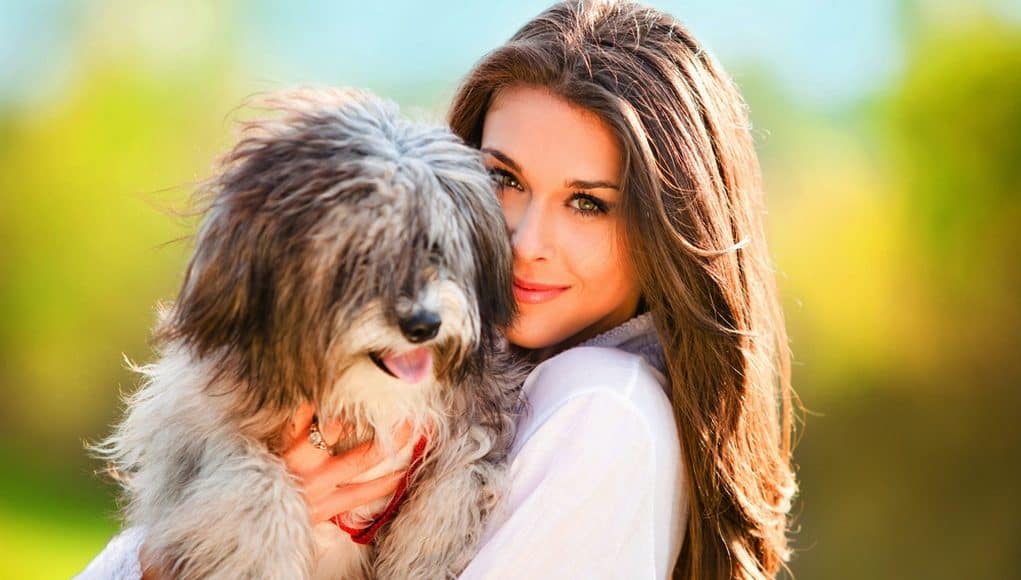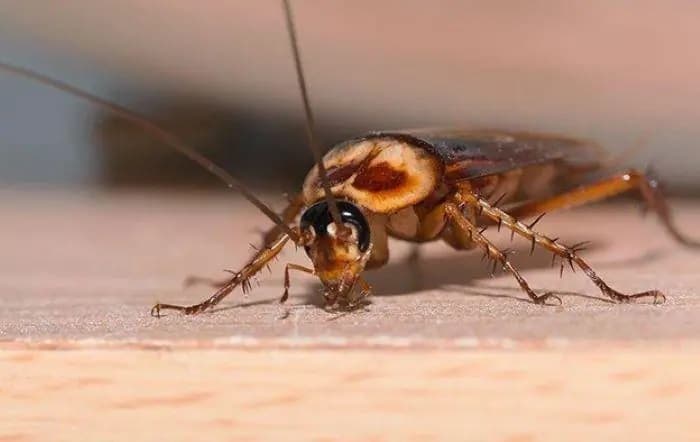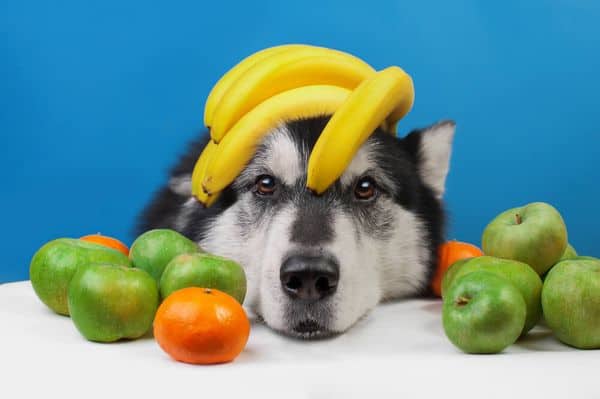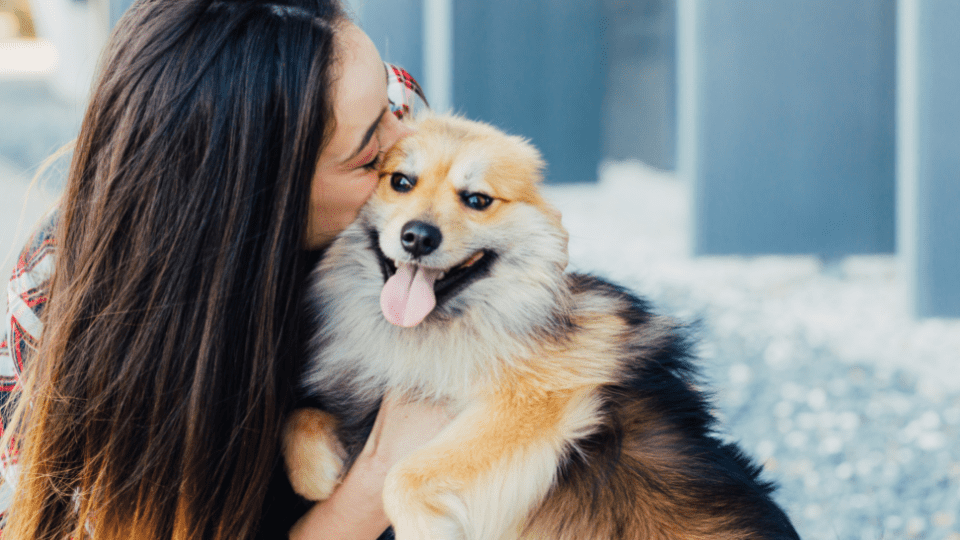
Keeping our pets healthy and happy is a full-time job for us pet parents. But, with the holidays coming around our focus can often be taken up by a million different things. If you are looking to shift some focus back onto your fur babies, here are 10 tips for ensuring your pet’s wellness through the coming winter months.
1. Grooming
Grooming is especially important during the winter months as longer haired dogs will typically grow a thicker coat. This will obviously vary depending on if you are a short hair or long hair dog owner, but regardless of hair length all dogs should be bathed regularly. Longer hair dogs and cats should be brushed on a weekly basis. Grooming is also a good way to keep an eye on any irregularities that may occur. Keep an eye out for any changes in your pet’s coat such as dandruff, bald patches, or dry skin. Also be aware of new bumps that could be cause for concern. Catching these abnormalities early on can make a huge difference in your pet’s health.
2. Dental Care
Dental care should be a part of your dog’s grooming routine. Dental disease is not uncommon in dogs, and it can often lead to further problems in other parts of the body including the heart. Make sure to make time to brush your dog’s teeth regularly and supplement with dental chews (which are also available for cats). You can also have your dog’s teeth cleaned more thoroughly when you take them to the vet or to get professionally groomed.
3. Proper Exercise
Every dog owner knows that exercise is an important part of your pet’s daily wellness routine. It’s important to not skip out on this when the weather gets cooler. If you have a small dog, 30min of fetch inside could do the trick. If you have a larger dog, try supplementing your outdoor time with some extra indoor play to get your pup moving.
4. Outerwear for Cold Environments
If your dog has a shorter coat, grab your dog a stylish sweater for their walks to the park. These come in all shapes and sizes for dogs that have to brave the snow. There are also boots available for dogs that are walking on surfaces that are rough on their paws.
5. Pet insurance Coverage
One of the most important things you can do to keep your pet as healthy and happy as possible is a yearly vet visit. As we head into the new year many pet owners take this time to schedule their pets yearly checkup. If you haven’t yet looked into pet insurance for your fur baby, this should be one of your New Year’s resolutions. Pet insurance can not only help with the cost of your pets yearly visit but also any medications that they take or any other emergencies that may arise. Check out Pumpkin pet insurance to see what coverage plan will work best for you and your pet.
6. Vaccinations
If you do end up signing up for pet insurance, you will be happy to see that yearly vaccinations are covered in most plans. Regular vaccinations are important for all pets and can keep your beloved animal from contracting sometimes fatal illnesses such as distemper, parvovirus, hepatitis or rabies.
7. Do You Have a Pet with Allergies?
If you notice your pet’s eyes running or them itching a bit more, they may have allergies. Consult with your vet over allergy testing and medications options to help ease their symptoms.
8. Nutrition
Proper diet is key in keeping your pet’s health in top shape. Your pet’s nutrition will directly affect your pet’s skin and coat, weight, energy level, and gastrointestinal function. It is best to consult with your vet about which food is best for your pet. It is also important to not overfeed your pet as obesity in dogs is very common and can lead to further complications.
9. Holiday Treats
With the holidays approaching, may pet parents like to include their furry friends in the festivities. Oftentimes this includes feeding your pet food that they may not be used to having. If you’d like your pet to have their own special plate for dinner, make sure you are sticking to foods that are safe for pets. For dogs, things like unseasoned potatoes, green beans or turkey are perfectly safe. Your kitties will also be able to enjoy unseasoned protein. Remember that onions and garlic are toxic to pets so leave it off their plate.
10. Warning Signs
Just remember to always look out for changes in behavior and consult with a vet if you have any concerns.

